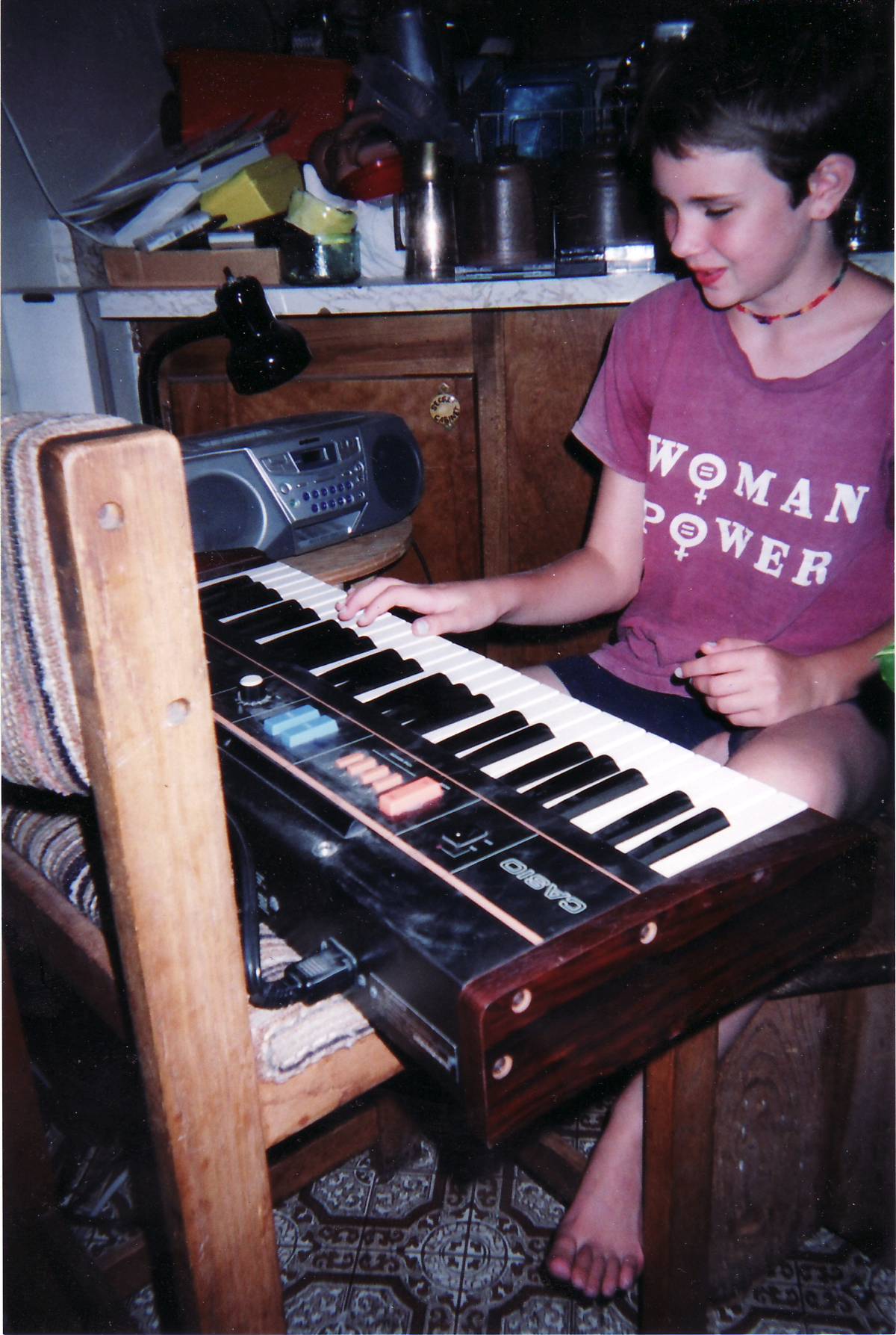—Karen James
(here)

photo by Cass Kotrba

| I've seen a difference in motivation in teens who have been nurtured and whose parents were not adversarial with them. If money means love, a needy person will want more money. If money is a tool like a hammer, or a substance like bread or toilet paper—necessary for comfort, and it's good to have extra—then it would make no more sense for them to spend all their money than it would make to throw a hammer away because they had already put the nail in the wall, or to unroll all the toilet paper just because it was there. If the parents have been generous, many other problems are averted. |
"Always" and "never" are rules meant to stop thinking. Support your child in becoming a thoughtful decision-maker, not a thoughtless rule-follower.—Joyce Fetteroll
